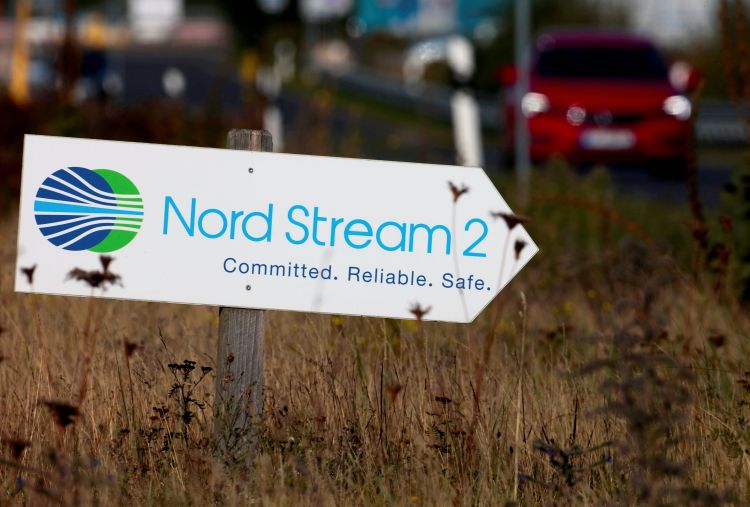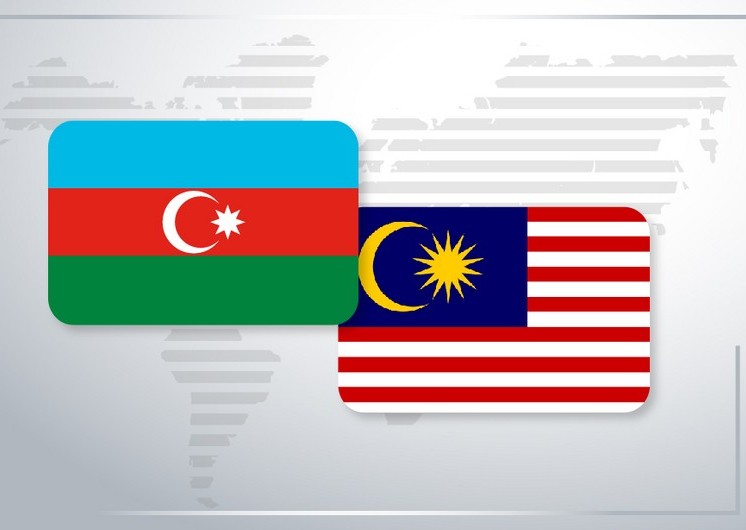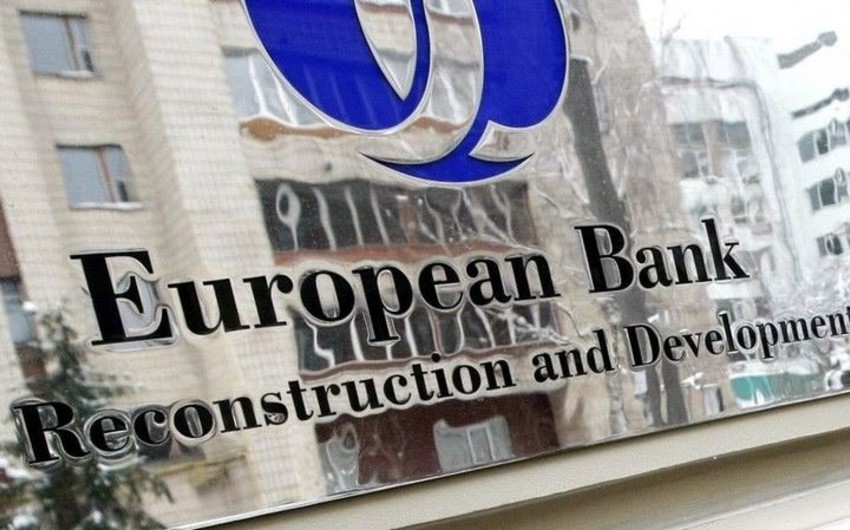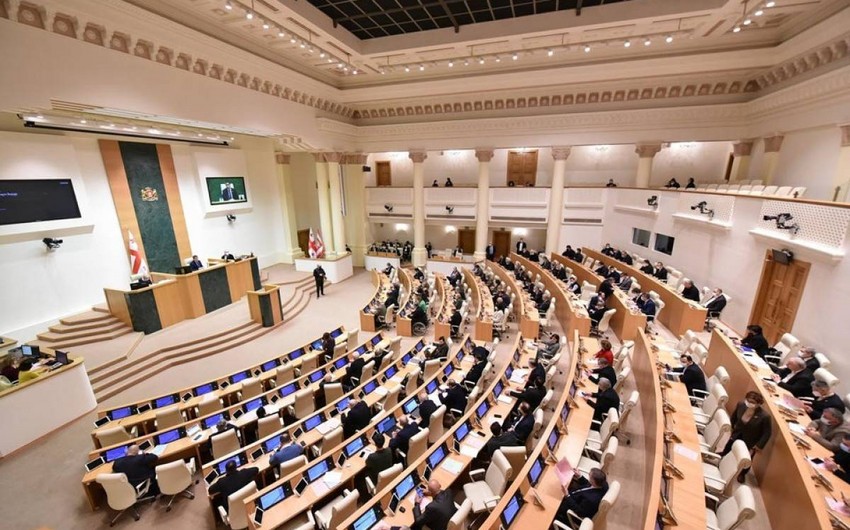The Nord Stream-2 project, which has long been the subject of serious debate, has once again become a hot topic between the United States, Germany and Ukraine. The failure of talks between German Chancellor Angela Merkel and US President Joe Biden on the project yesterday, as well as the irritation of Ukraine as a result of Germany's policy of double standards, have raised many questions.
After Merkel's fruitless meeting with Biden, the US president said, "Good friends can disagree." On the other hand, the Ukrainian presidential administration also voiced unfavourable views on Merkel. Commenting on the results of a joint press conference between German Chancellor and President Volodymyr Zelensky on July 12, Ukrainian presidential adviser Alexei Arestovich accused Merkel of hypocrisy against Kiev. He noted that while Merkel defended Ukraine's position for seven years, she eventually sacrificed Kiev's interests to Russia for her own benefit.
Engin Ozer, a Turkish political expert living in Russia, gave an interview to Eurasia Diary.
- The failed talks between Biden and Merkel on the Nord Stream-2 project have raised some questions about Germany's real position. In addition, the accusation by Ukrainian President Zelensky's adviser Alexei Arestovich of Merkel's disloyalty to Kiev suggests that Germany is wary of Russia and wants to establish relations with it.
- As you know, Germany imports 40/100 of its natural gas from Russia, and if we remember, during the conflict in Ukraine in 2014, some Russian politicians threatened to suspend gas exports to Germany. For this reason, Germany could not fully defend Ukraine. It is known that the German economy is largely based on industry. That is why Russia's threats are very important for Germany, which is dependent on oil.
This issue was discussed between Biden and Merkel yesterday. The United States, for its part, has said it will reduce sanctions against Russia. However, there are exceptions to Russia's use of gas exports as a weapon against some countries. This topic is still unknown.
In addition, Germany is not against the Russian gas passing through Ukraine as a transit country as it doesn't want to be fully entrusted to Nord Stream-2. In other words, Ukraine will be able to partially benefit from Russian gas, which will ensure US-Russian relations in the gas sector.
- The $ 11 billion pipeline, led by Russia's state energy company Gazprom and Western partners, will be commissioned later this year. Germany demands that the pipeline pass through Ukraine as a transit country. In what form will this issue be resolved for the benefit of the parties?
- In fact, Germany does not want to lose Ukraine. On the other hand, the passage of the Russian gas pipeline through Ukraine will force Kiev to be more cautious in the Donbas issue. Here, too, Germany is monitoring the balance of relations between the two countries, taking into account its interests. First of all, Germany is not entirely sure that the gas coming from Ukraine will be stable, but Germany wants Russian gas to come through Ukraine. In other words, the processes show that Germany, which wants to create a common ground with both Russia and Ukraine, is trying to insure itself in both cases.
- In general, what is the main invisible aspect of the disagreement between Merkel and Biden on the Nord Stream-2 project?
- As a result of the meeting with Biden, it was decided that Russia will not sell gas to Europe within the limits, as well as impose sanctions on foreign economic relations, in return for Russia's lack of full support for the "One Belt, One Road" project, as well as some military imbalances with China. Russia is not expected to face Europe after that. On the contrary, Russia will be able to export more gas to Europe from now on.
Let me note that as a result, in 2022, oil is likely to reach $ 100 per barrel. The US application of these prices will also depend on its negotiations with Saudi Arabia. In short, the United States intends to open a new European market against China in the near future.
Elnur Enveroglu











